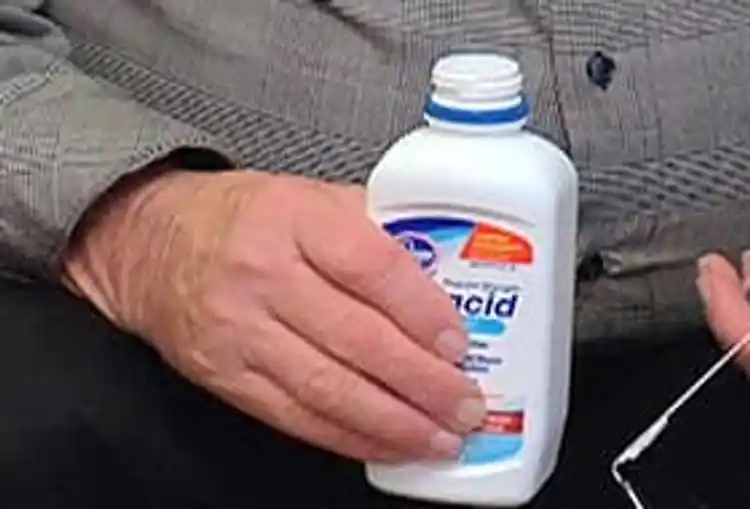Overeating and Acid Reflux

Hide Video Transcript
Video Transcript
Narrator
Welcome to an American family tradition: stuffing yourself with home cooked goodies and camping out in front of the TV to watch the big game. Unfortunately, the rich foods and inviting desserts that felt so good going down may be having a scrimmage of their own—inside your stomach… Frequent heartburn may be a sign of a more serious condition that may require an evaluation by a qualified specialist like Doctor Hetal Karsan. Hetal Karsan MD
GERD is the abbreviation that's used for gastro-esophageal-reflux disease. Narrator
That's G-E-R-D and that's not good. It means the acids in your stomach that normally work to digest your food are trying to come up. Symptoms can be painful
Being mindful about the kinds of foods you eat, and how much you eat, can help to take the edge off the pain. Hetal Karsan MD
The main things that really promote reflux are fatty or greasy foods, spicy foods, acidic foods. Narrator
And, hold the coffee and soda too. Alcoholic drinks can also agitate your stomach and so can smoking. Hetal Karsan MD
Smoking decreases your salvia which helps to buffer the esophagus. Narrator
More tips… Hetal Karsan MD
avoid real tight fitting clothes. Narrator
It's true, sometimes just loosening your belt might relieve stomach pressure. But don't do it in order to take an after-dinner nap. Merely being horizontal can make it easier for acid to creep into the esophagus. Walking off those extra calories is a much better option. Stress may also play a role. If you're already prone to GERD, taking an acid-lowering over-the-counter drug may calm your stomach. If that doesn't help you may want to talk to your doctor about a prescription. For WebMD, I'm Damon Meharg. 